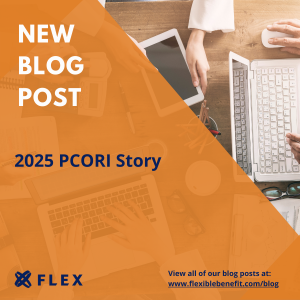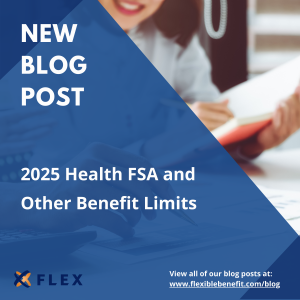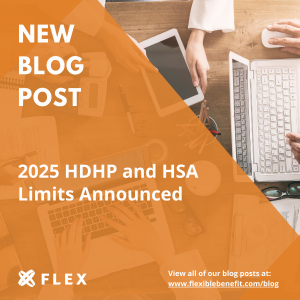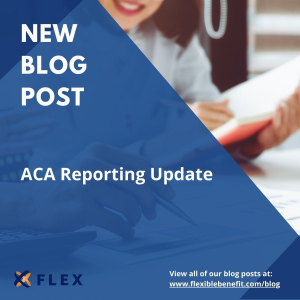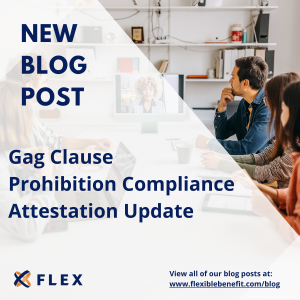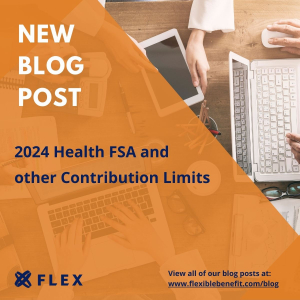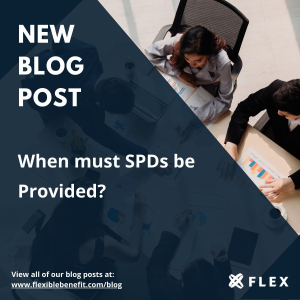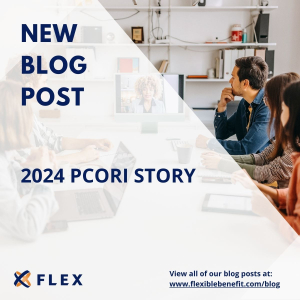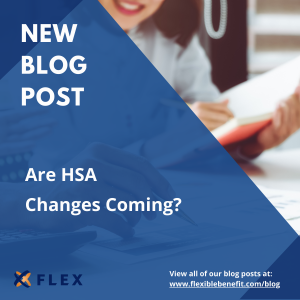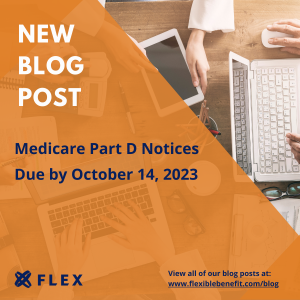Employers
The Affordable Care Act (ACA) created a research institute known as the Patient-Centered Outcomes Research Institute (PCORI). The goal of PCORI is to help patients and those who care for them make better-informed decisions about healthcare choices. PCORI is funded in part by fees which are charged to health plans. The following information is designed to help employers understand their upcoming payment obligations.
The Internal Revenue Service (IRS) published Revenue Procedure 2024-40 on October 22, 2024. The Revenue Procedure includes the inflation-adjusted 2025 contribution limits for certain employee benefit programs. Below is a summary of some of those contribution limit adjustments.
Earlier this month the Internal Revenue Service (IRS) published Rev. Proc. 2024-25 which includes the 2025 limits for qualified high deductible health plans (HDHPs) and Health Savings Accounts (HSAs). Below is a summary of these limits:
The reporting requirements of the Affordable Care Act (ACA) are quickly approaching. Employers subject to the Employer Mandate should prepare to submit Forms 1094-C/1095-C to the Internal Revenue Service (IRS) by April 1, 2024. Employers not subject to the Employer Mandate but who offer a self-funded plan, including level funded plans and Individual Coverage Health Reimbursement Arrangements (ICHRAs) should be prepared to submit Forms 1094-B/1095-B to the IRS by this same date.
There is a new annual compliance requirement that applies to “plans” and “issuers.” For the avoidance of doubt, the term plan means employer and the term issuer means health insurance carrier.
Each year, employers and health insurance carriers must submit a gag clause prohibition compliance attestation. This will be due by December 31st of each year with the first attestation due by December 31, 2023. So, what does this really mean?
The Internal Revenue Service (IRS) published Revenue Procedure 2023-34 on November 9, 2023. The Revenue Procedure includes the inflation-adjusted 2024 contribution limits for certain employee benefit programs. Below is a summary of some of those contribution limit adjustments.
The Employee Retirement Income Security Act of 1974 (ERISA) requires plan sponsors of health and welfare benefit plans (e.g., medical, dental, vision, HRA, FSA) to provide a Summary Plan Description (SPD) to plan participants at certain times. An SPD is a written document that summarizes the material provisions of a plan and describes how the plan operates.
The Affordable Care Act (ACA) created a research institute known as the Patient-Centered Outcomes Research Institute (PCORI). The goal of PCORI is to help patients and those who care for them make better-informed decisions about healthcare choices. PCORI is funded in part by fees which are charged to health plans. The following information is designed to help employers understand their upcoming payment obligations.
The House Ways and Means Committee recently cleared legislation which would make substantial enhancements and improvements to Health Savings Accounts (HSAs). There are two bills which have now been cleared for a vote in the House of Representatives (House). If passed in the House, the bills would then need to be approved by the Senate before going to the president for signature.
